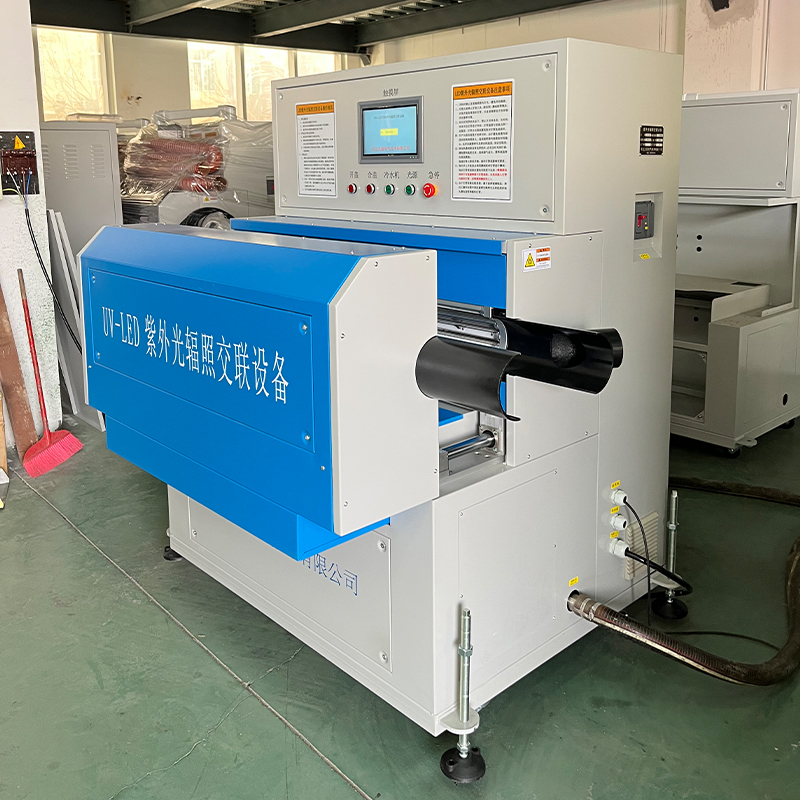Custom Resistivity Testing Equipment for Conductors and Materials
Understanding Custom Conductor Resistivity Testers
In the field of electrical engineering and material science, the measurement of resistivity is crucial for evaluating conductivity in various materials, particularly conductors. Custom conductor resistivity testers play an essential role in this process, providing tailored solutions to accurately assess the resistivity of different conductor types under specific conditions. In this article, we will explore the significance, features, and advantages of custom conductor resistivity testers in various industrial applications.
The Importance of Resistivity Measurement
Resistivity is a fundamental property that quantifies how strongly a material opposes the flow of electric current. It is dependent on several factors, including temperature, material composition, and physical structure. In many applications, particularly in electronics, automotive, and power generation, understanding the resistivity of conductors is vital for ensuring efficiency and reliability. High resistivity can lead to power loss, overheating, and ultimately failure of electrical systems.
Custom conductor resistivity testers are specifically designed to meet the unique requirements of different projects and applications. These testers offer precise measurements that standard testing equipment may not accurately capture. By utilizing a custom approach, engineers and scientists can ensure that their testing protocols are aligned with the specific characteristics of the materials being analyzed.
Features of Custom Conductors Resistivity Testers
1. Adaptable Testing Methods Custom resistivity testers often accommodate various testing methods, such as the four-point probe method, which minimizes contact resistance, or the van der Pauw method, which is useful for measuring isotropic samples. This flexibility allows the assessment of various materials from metals to semiconductors.
2. Temperature Control Many custom testers are equipped with advanced temperature control features, enabling measurements to be taken across a range of temperatures. This is vital since resistivity can vary significantly with temperature. Users can thus obtain data relevant to different operational conditions.
3. High Precision and Accuracy Custom devices are built to meet specific accuracy requirements, ensuring that users receive reliable data. High-quality components and sophisticated calibration procedures contribute to the precision of the results.
custom conductor resistivity tester

4. Data Logging and Analysis Modern custom resistivity testers often come with integrated software for data logging and analysis. This allows users to store, analyze, and visualize data effectively, making it easier to interpret results and improve the quality of their research or production processes.
5. User-Friendly Interface While providing high-end technical functions, many custom testers are designed with user-friendly interfaces. This ensures that operators, regardless of their technical expertise, can easily navigate the system and obtain the necessary measurements efficiently.
Advantages of Custom Testing Solutions
One of the primary advantages of using custom conductor resistivity testers is their ability to cater to specific application needs. Customization ensures that the tester is aligned with the material characteristics and testing environments relevant to the user's objectives. This results in more accurate and applicable data, leading to better decision-making and optimized processes.
Additionally, custom resistivity testers often enhance operational efficiency. By integrating features that streamline testing and data management, organizations can save time and resources while increasing productivity. Moreover, these testers can enhance safety by providing accurate measurements that minimize the risk of overheating or equipment failure.
Applications Across Industries
Custom conductor resistivity testers find applications in various industries, including aerospace, automotive, telecommunications, and manufacturing. In aerospace, for example, the materials used must meet stringent electrical and thermal conductivity standards, making precise resistivity measurements crucial. In manufacturing, ensuring that components meet required specifications helps avoid costly recalls and production delays.
Conclusion
In conclusion, custom conductor resistivity testers are invaluable tools in the quest for precise and reliable measurement of material resistivity. By offering tailored solutions that address the intricacies of different applications, they not only enhance measurement accuracy but also contribute to improved efficiency and safety across various industries. As electrical and electronic systems grow ever more complex, the importance of such custom testing solutions will only continue to rise, driving innovation and excellence in material evaluation and application.
-
Why the Conductor Resistance Constant Temperature Measurement Machine Redefines Precision
NewsJun.20,2025
-
Reliable Testing Starts Here: Why the High Insulation Resistance Measuring Instrument Is a Must-Have
NewsJun.20,2025
-
Flexible Cable Flexing Test Equipment: The Precision Standard for Cable Durability and Performance Testing
NewsJun.20,2025
-
Digital Measurement Projector: Precision Visualization for Modern Manufacturing
NewsJun.20,2025
-
Computer Control Electronic Tensile Tester: Precision and Power for the Modern Metal Industry
NewsJun.20,2025
-
Cable Spark Tester: Your Ultimate Insulation Assurance for Wire and Cable Testing
NewsJun.20,2025
 Copyright © 2025 Hebei Fangyuan Instrument & Equipment Co.,Ltd. All Rights Reserved. Sitemap | Privacy Policy
Copyright © 2025 Hebei Fangyuan Instrument & Equipment Co.,Ltd. All Rights Reserved. Sitemap | Privacy Policy
